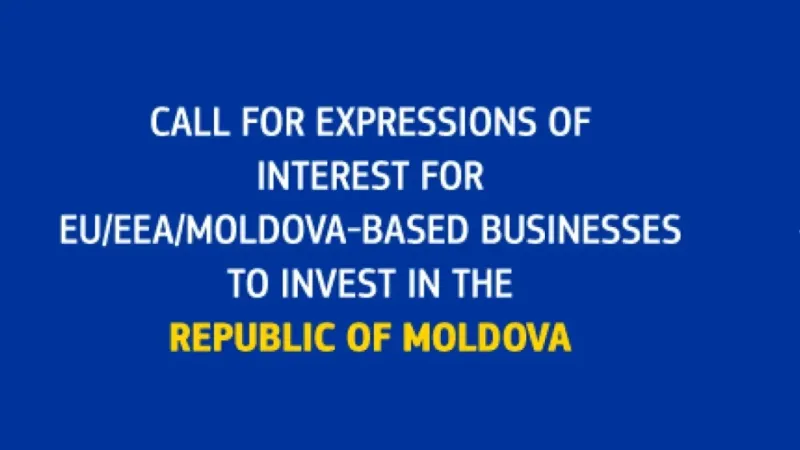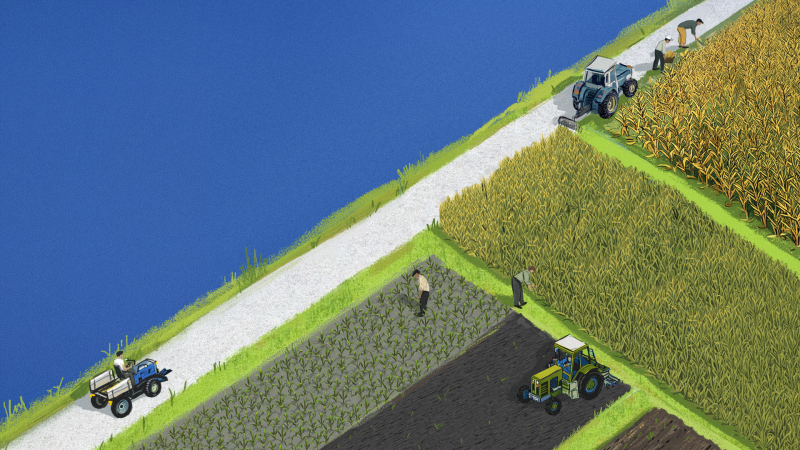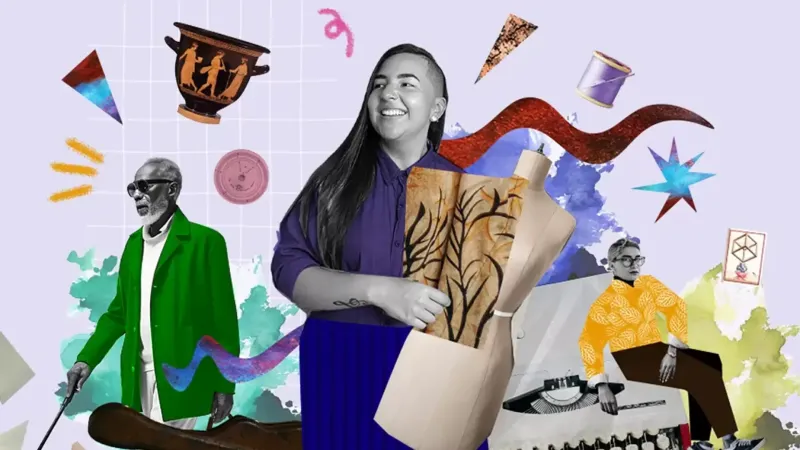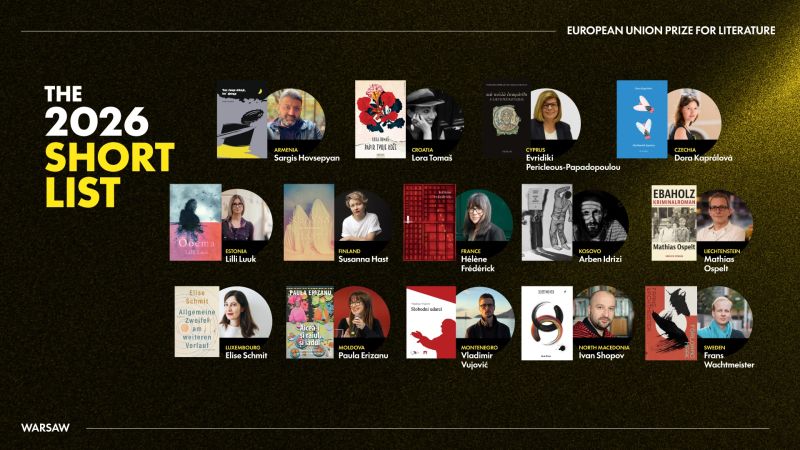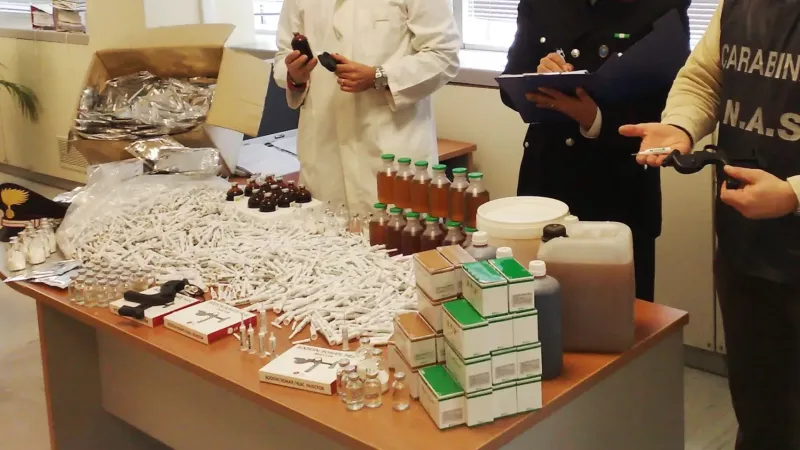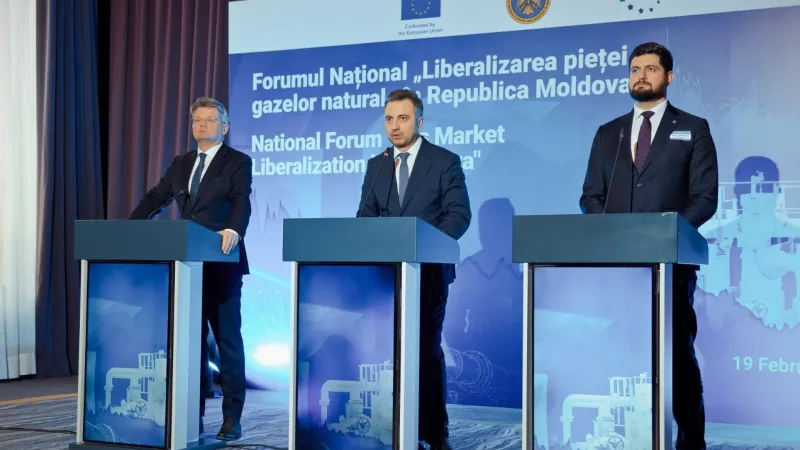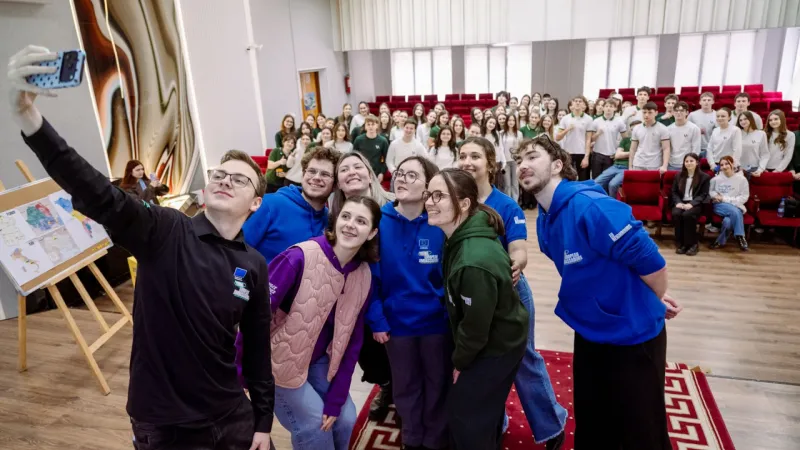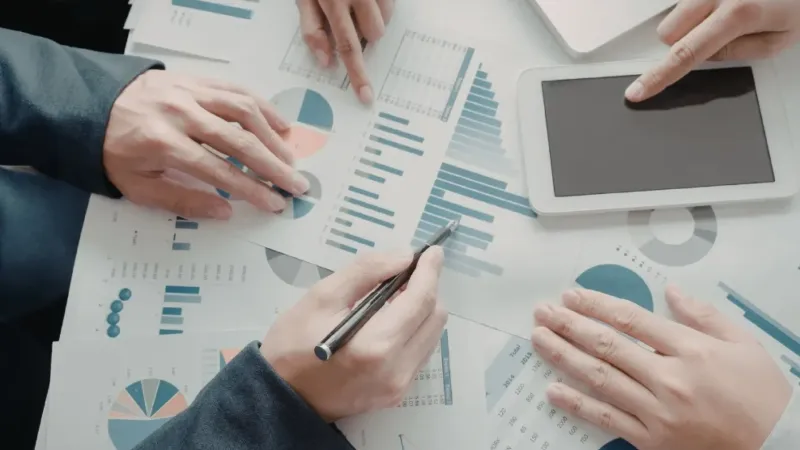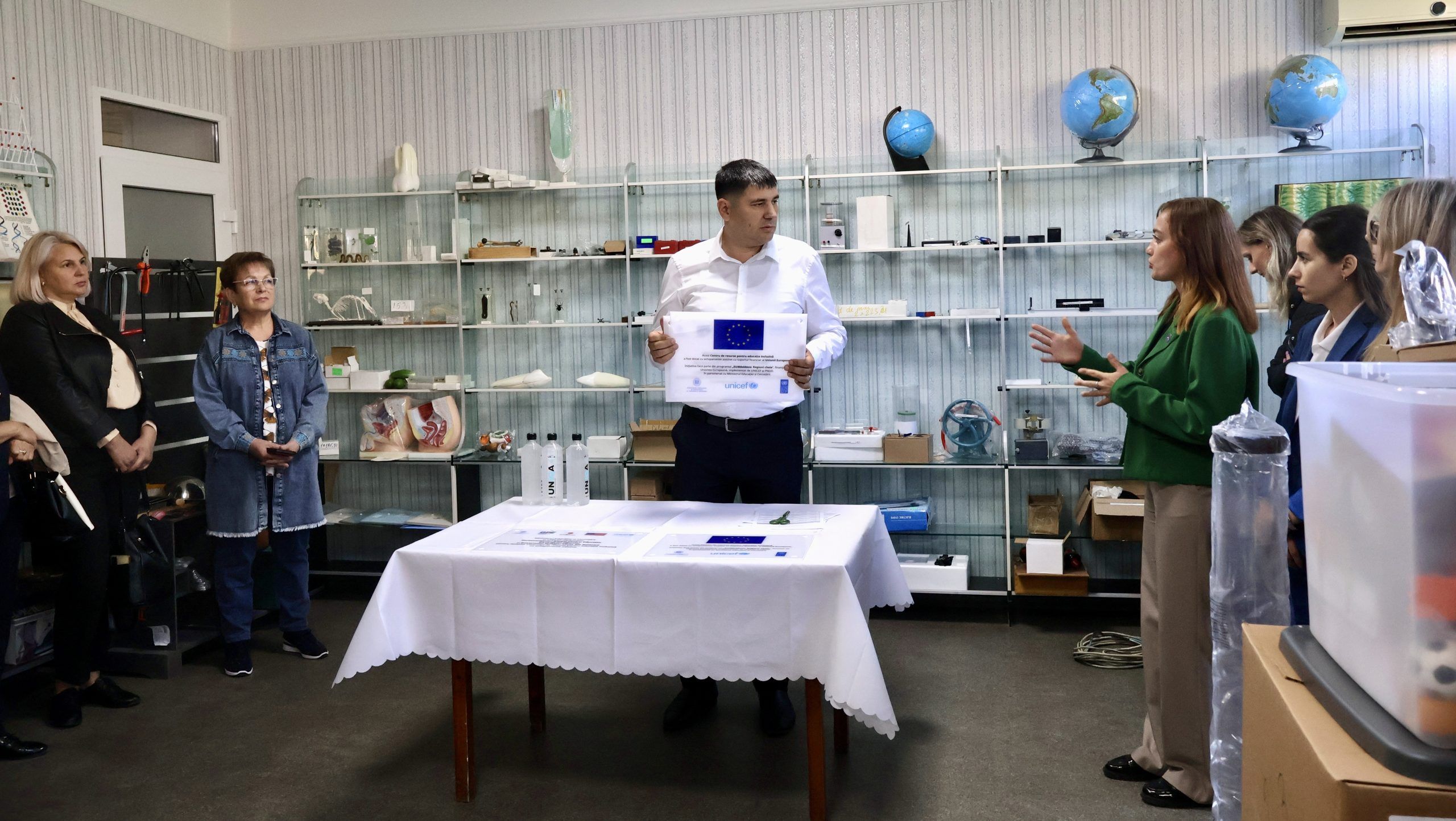
Children with special needs in 95 schools across Moldova benefit from assistive equipment
Children with special educational needs from 95 schools across the Republic of Moldova will benefit from assistive equipment worth over 17 million lei (approximately 1 million USD or EUR 870,000). The equipment is provided by UNICEF thanks to the financial support of the European Union, the Global Partnership for Education, the Government of Japan, and the Government of the United States.
Among the items provided are Braille typewriters, video magnifiers and optical tools, screen-reading software, augmentative communication applications, and adapted keyboards. The average value of equipment provided for each school is around 160,000 lei (USD 9,000 or over EUR 8,000), facilitating access for children with special educational needs to an equitable and inclusive learning process.
“A good school is an inclusive one, where every child has the chance to learn and reach their potential. The assistive equipment provided by our partners — UNICEF, the European Union, the Global Partnership for Education, the Government of Japan, and the Government of the United States — to 95 educational institutions across the country will ensure that children with special educational needs have access to equitable, quality education, because every child matters,” said Dan Perciun, Minister of Education and Research.
Investments Dedicated to Cahul and Ungheni Regions
In Cahul and Ungheni districts, support was provided by the European Union through the EU4Moldova: Focal Regions programme, implemented by UNICEF and UNDP. A total of approximately 500 sets of equipment, worth more than 2.32
million MDL (around EUR 127,000 or USD 138,000), was distributed to 20 educational institutions in these two districts.
“Inclusive education is the foundation of a fair and strong society, and today’s support means real opportunities for tomorrow. With the assistive equipment provided, the learning process becomes more accessible and fairer. These investments enable children to reach their potential and build a better future, in the loving and caring environment of their families and communities,” stated Iwona Piórko, Ambassador of the European Union to the Republic of Moldova.
Moldova’s Progress in Inclusive Education
According to data collected by the Ministry of Education and Research through the Republican Center for Psycho-Pedagogical Assistance in October 2023, a total of 10,362 children with special educational needs were registered with territorial psycho-pedagogical assistance services, including 4,219 children with disabilities. Children with special education needs and/or disabilities represented about 3% of the total number of children enrolled in general education.
“Access to assistive technology means more than inclusion — it means transformation,” said Maha Damaj, UNICEF Country Representative in the Republic of Moldova. “Today’s school reflects tomorrow’s society, and by equipping children with special needs with the tools they require, we are laying the foundation for a more inclusive, innovative, and fair world.”
A Long-Term Commitment
The distribution of assistive equipment to the Resource Centers for Inclusive Education is not just a simple delivery of goods, but a clear statement of commitment to a future where every child is seen, supported, and valued. This initiative builds on earlier efforts carried out in 2024–2025, when UNICEF, with financial support from the Global Partnership for Education, delivered around 40 types of assistive technologies for children with special educational needs, worth approximately 9 million lei (USD 530,000 or EUR 453,150).
Together with the Ministry of Education and Research, UNICEF supports the implementation of the “Education 2030” Strategy and the Programme for the
Development of Inclusive Education 2024–2027, which envisions that by 2027, 80% of schools in Moldova will be equipped with assistive devices.
Taken together, these actions represent concrete steps towards ensuring quality education for all children in the Republic of Moldova.
